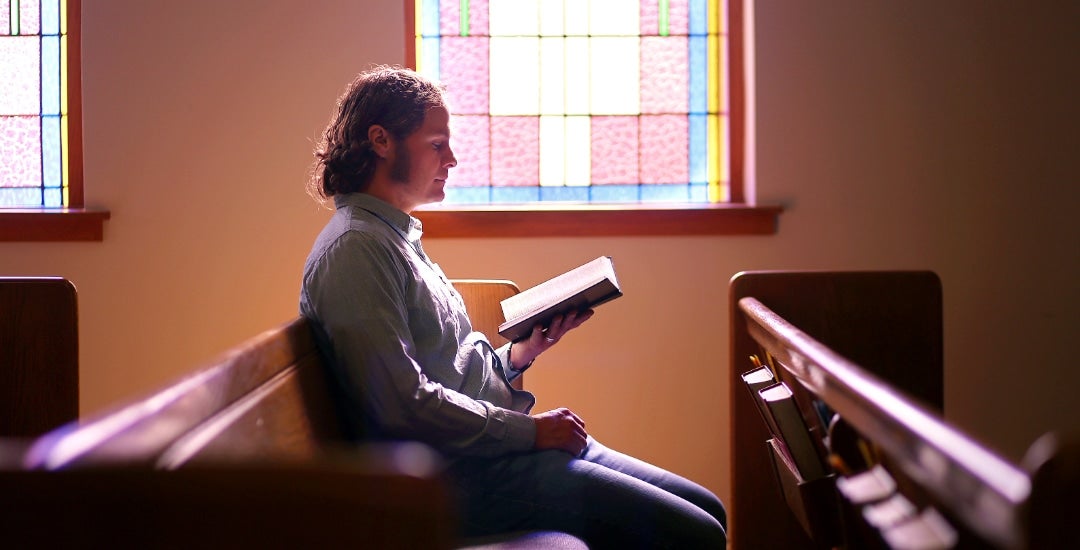This post is part of a series highlighting the findings from the 2024 Kinder Houston Area Survey.
The decline of Houstonians identifying as Christians has corresponded with a steady increase of “nones,” who describe themselves as agnostic, atheist or “nothing in particular.” Ten percent of respondents identified as none in 2009. In 2024, the nones increased to 27%, which mirrors a decades-long national trend, according to the Pew Research Center. Additionally, 24% of survey participants said religion was “not important” to them, compared to 10% in 2009.
What makes a religious none?
Kerby Goff is the associate director of research at Rice University’s Boniuk Institute for the Study and Advancement of Religious Tolerance. He said that the rise of the nones is mostly found within a formerly Christian context.
“It’s among people that were formerly Christian or they grew up nonreligious,” Goff said. “It’s not that this kind of switching doesn't occur among other religious minority groups, but it’s much less. Most immigrants to the U.S. are religious of some sort. In a place like Houston, that provides a kind of a balance to the rise of the nonreligious.”
Goff said it is important to make the distinction that religious nones may still attend services, hold religious beliefs or participate in religious rituals.
Pew indicated that 29% of nones in the U.S. believe there is not “any higher power or spiritual force in the universe.” In a separate report, 22% of Americans are categorized as “spiritual but not religious.”
“It largely has to do with affiliation and participation,” Goff said. “How do they see themselves religiously, and do they affiliate or identify with other religious people? The differences between atheists and those who choose no religion are significant.”
Goff said that among the contributing factors to people leaving Christianity is increased political alignment or political polarization in certain churches. Issues such as a church’s response to the COVID-19 pandemic proved to be controversial among some congregations.
“During the pandemic, churches were sometimes split over their response,” Goff said. “The pastors that we've talked to were very much caught in the middle, no matter what they did. One side would get up and leave. That’s what happened quite frequently. Once they leave, they don't really come back.”
Changing churchgoing habits
Religious service attendance has decreased since 2000, especially among people identifying with Christian denominations. According to a Gallup poll published last year, 30% of adults reported that they attended religious services “weekly, or nearly every week.” This has coincided with places of worship across the country permanently shutting their doors. Religious academics are concerned that there will be many more church closures to come.
In a book titled “Gone for Good? Negotiating the Coming Wave of Church Property Transition,” a chapter by Eileen Lindner, a Presbyterian minister and religious researcher, predicted that up to 100,000 churches could cease operations in the coming decades because of low attendance.
“Most religious groups are concerned about the rise of the nones, and how it impacts them,” Goff said. “It’s part of a larger trend of there being less participation. Even if someone describes themselves as having religious traditions, they’re still less likely to attend and participate than they were 20 years ago.”
Ryan Burge is an associate professor of political science at Eastern Illinois University, an author and a pastor. His own church held its final Sunday service last July.
“Every year the pews are getting emptier and the collection plates getting lighter,” Burge said in an NPR article. “We're going to see thousands of churches closing in America over the next 20 or 30 years in every part of the country, in every region and every state, urban, suburban, rural.”


